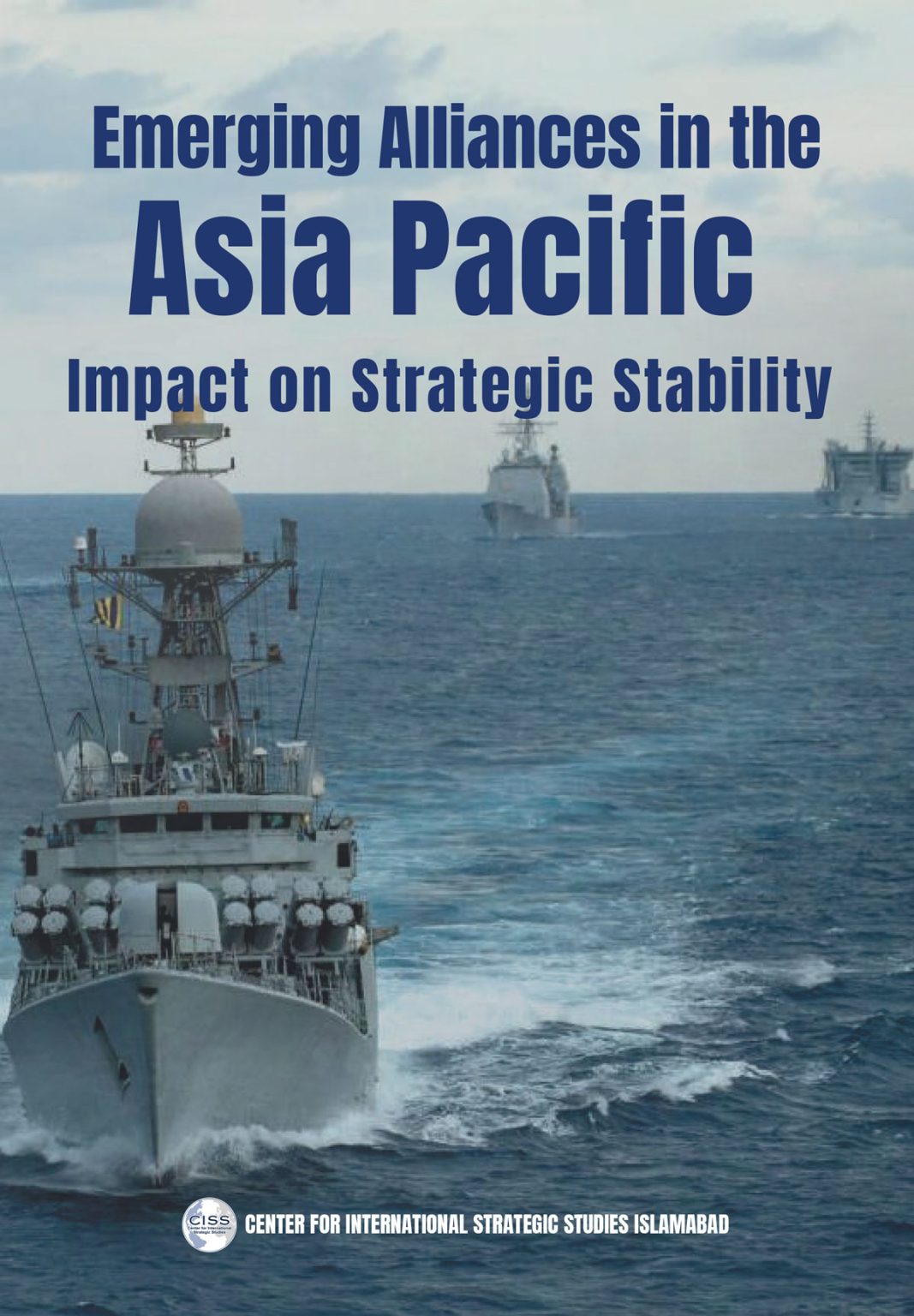Introduction
Asia Pacific has become the center of great power competition. In the ‘new Cold War,’ the strategies of the US focus more on countering China and its regional influence while betting on its own regional military and economic alliance systems, akin to the first Cold War era.
Given these geopolitical developments, the US and China have become the primary actors in the region, having a competitivecooperative and – once the US chooses – confrontational mode of engagement. Both engage in diverse interactions through several bilateral and multilateral forums.
China’s approach primarily rests on economic and diplomatic cooperation, such as the Belt and Road Initiative (BRI), with multifaceted projects spread throughout the region and even beyond.
Despite its economic and trade-based relations that spread widely in the region, the US mainly focuses on forming military alliances with regional partners and allies, including Japan, South Korea, the Philippines, Thailand, Singapore, and Australia, among others.
Military alliances such as the Quadrilateral Security Dialogue (Quad), the Australia-UK-US agreement (AUKUS), and the potential expansion of the North Atlantic Treaty Organization (NATO) in Asia Pacific region are transforming the region from a historically economic cooperation gold standard to a military theater at the behest of an extra-regional power. In stark comparison, US-led military alliances are growing against a peaceful and economically bonded region.
However, this ongoing militarization is likely to compel China to take suitable counter measures. This complex situation has provoked number of economic, political, and military activities in the Asia Pacific region, with all member states carefully towing their security interests. Smaller and remote island nations in the Pacific have also gained significance. The situation also impacts the overall state of relations between the two powers and the countries in the region.

